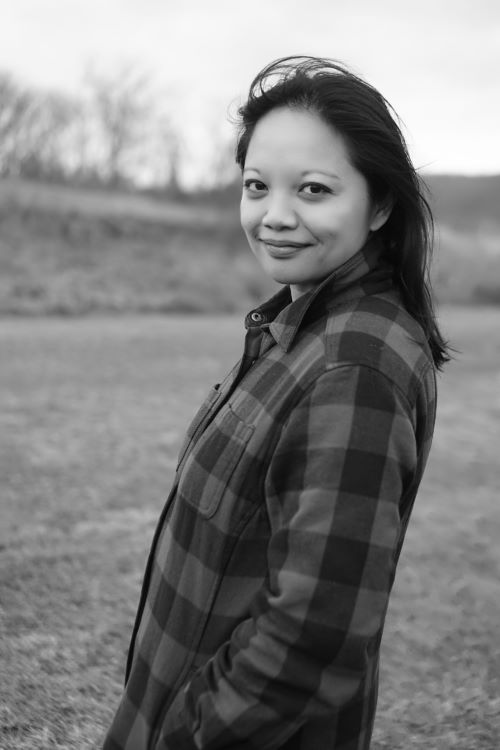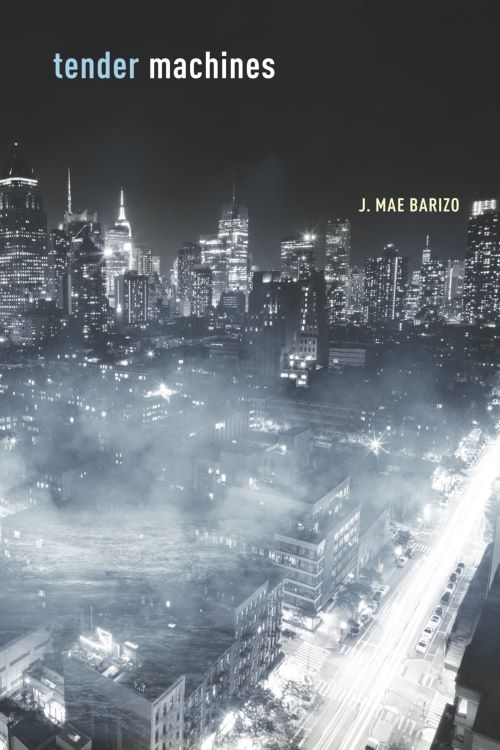I wake up too closeto the underside of your arm—a flaccid white fishagainst my brown cheek.My eyes are still closedbut I’ve memorizedyour body, I don’t have to lookto see you aged and aimless,landscape of non-cancerousbut severely atypical moleson the skin. I put my handin yours, and when you wakewith your opulent anxiety, reachingfor your pills and phone, scrollingmaniacally, I see that you’verefused the one thingI’m offering. At midnightI lie upstairs while youare at the piano, a staircaseaway from me. To benear you is not ordinary, a flameat its center, furlingfrom the inside out, heartflailing. Still, how manydawns you’ve lain absent,my solitary morningson the terrace, missingyou, a staircase away.I’ve watched the palm treesa hundred times now, the waythey stand in solidarity,constant and separate, againstthe blue. Even as I hearyou playing Bowiethrough the floorboardsI think maybe thisis not what I made it outto be. Soonyou’ll be cranky from hungerand we’ll scrambleeggs together, sit onthe porch, sharea single cigarette. Here,I’ll say. I’m here. Will you pretendI haven’t spoken? Maybe it’s notyou I long for, but the womanI once was, in anothertime zone, looking at the trees.
Woman Wakes in Another Time Zone
Feature Date
- October 7, 2023
Series
Selected By
Share This Poem
Print This Poem
“Woman Wakes in Another Time Zone” from TENDER MACHINES: by J. Mae Barizo.
Published by Tupelo Press in May 2023.
Copyright © 2023 by J. Mae Barizo.
All rights reserved.
Reproduced by Poetry Daily with permission.

J. Mae Barizo is a poet, essayist and multidisciplinary artist who works at the intersection of poetics, media and performance. She is the author of two books of poetry, The Cumulus Effect (Four Way Books, 2015) and Tender Machines (Tupelo Press, 2023). Her book of hybrid essays on John Cage and the poetics of sound was a finalist for the Graywolf Nonfiction Prize. Her work has been anthologized in books published by W.W. Norton, Atelier Editions and Harvard University Press. She is also the recipient of fellowships and awards from Bennington College, Mellon Foundation, Critical Minded, Jerome Foundation and Poets House. Recent writing appears in Poetry, Ploughshares, Esquire, Los Angeles Review of Books, Paris Review Daily, Boston Review, BookForum, among others. She is on the board of Kundiman, an organization supporting writers and readers from the Asian diaspora. She has taught at the Pratt Institute, Eugene Lang and Parsons School of Design. She teaches at The New School and lives in New York City.
“J. Mae Barizo is a poet of uncommon grace. The poems in Tender Machines are unafraid of pain; they herald the mothers and take stock of the colonizers. These poems are a singing gift.”
—Sarah Ruhl
“In Tender Machines, intimacy becomes a kind of astonishment. The poems dance between innocence and experience as Barizo takes on the archetypes of Maiden and Mother, their freedoms and constraints. Staged between 9-11 and our current pandemic-infused apocalypse, familiar landscapes of Manhattan turn mythical as our Poet drifts, following where desire leads. The questioning of youth traverses into the erotics of post-Motherhood, forty the boundary line the poet crosses and recrosses, back and forth across a lyrical divide. Like our tender Penelope with her many suitors waiting for Odysseus to come home, Barizo contemplates old loves, pulling out all her stitches as she goes.”
—Timothy Liu
“J. Mae Barizo’s Tender Machines is a sinuous wonder that explores the poles of revelation and disappearance. It is a meditation on tenderness, yes, and gives haunting new language to the in-betweens of motherhood, love, anguish, and empire. With music and lyricism as twin pillars, Tender Machines is a breathtaking second collection by a masterful poet.”
—Rio Cortez
Poetry Daily Depends on You
With your support, we make reading the best contemporary poetry a treasured daily experience. Consider a contribution today.




